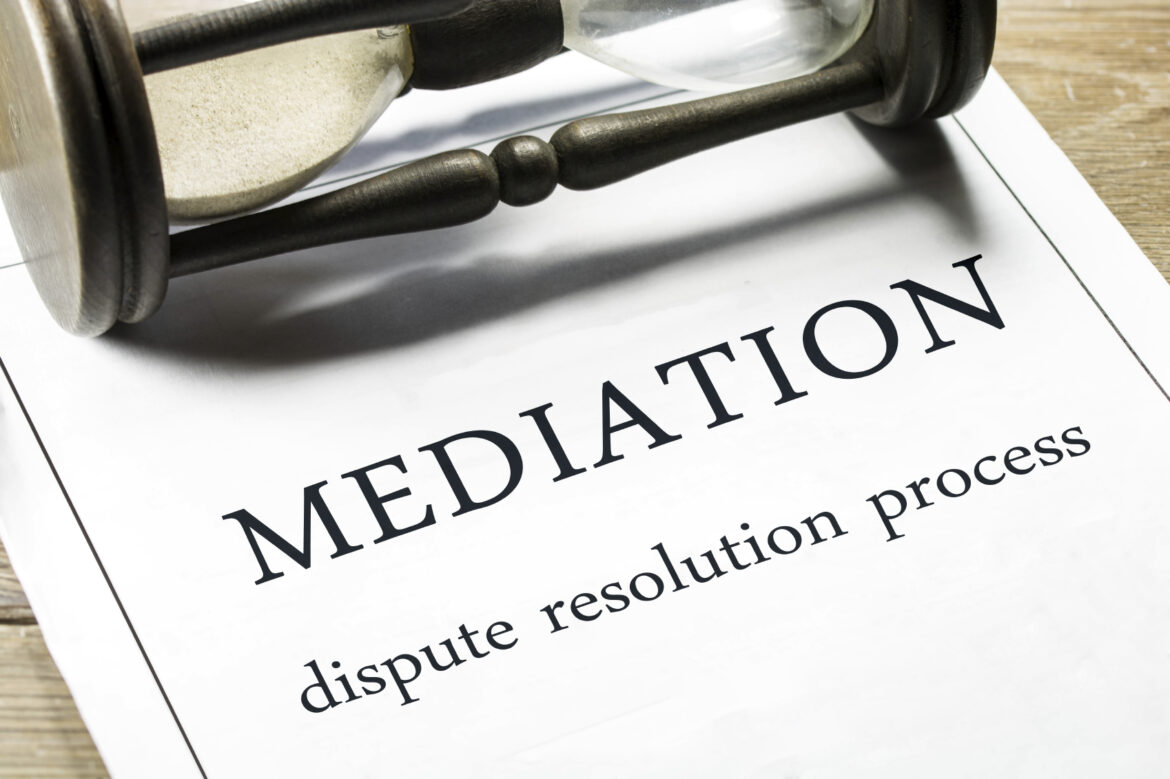
Divorce is never easy. From emotional stress to financial concerns, it can feel overwhelming. But there’s a solution that many people overlook: Family law mediation. This method can provide a peaceful and cost-effective way to resolve disputes and achieve a fair agreement. In this article, we will dive into what divorce mediation involves, how it works, and why it might be the right choice for you.
What is Family Law Mediation?
Family law mediation is a form of alternative dispute resolution (ADR) where a neutral third-party mediator helps couples reach agreements on issues related to divorce or family disputes. Unlike traditional litigation, mediation provides a less adversarial setting, focusing on collaboration rather than competition.
The Benefits of Family Law Mediation
Cost-Effective Solution
Divorce can drain your finances, especially with lengthy court proceedings. Family law mediation is more affordable compared to litigation. Mediation sessions often cost significantly less than court fees and attorney charges.
Faster Resolution
The traditional legal process can drag on for months or even years. Mediation, however, can often resolve disputes in a matter of weeks. This quicker process reduces stress and helps both parties move forward with their lives.
Maintaining Privacy
Court proceedings are public, which means sensitive personal information can become public knowledge. Mediation is private and confidential, protecting the details of your family matters.
How Divorce Mediation Works
Initial Consultation
Before mediation begins, both parties typically meet with the mediator for an initial consultation. During this phase, the mediator explains the process, sets ground rules, and gathers background information from both sides.
The Mediation Process
Mediation sessions usually take place in a neutral location and can vary in length. The mediator facilitates discussions, ensuring both parties have equal opportunities to voice their perspectives. Unlike in court, where a judge makes the final decision, mediation seeks a mutual agreement.
Role of the Mediator
A mediator’s role is to guide the conversation without taking sides or making decisions. Their job is to help both parties find common ground and come to a fair resolution.
Common Issues Addressed in Divorce Mediation
Child Custody and Visitation
One of the most emotionally charged aspects of divorce is child custody. Mediation helps parents create a custody plan that prioritizes the well-being of the child, reducing conflict and fostering cooperative parenting.
Asset Division
Dividing assets can be complex. Through mediation, couples can work together to reach an equitable distribution of marital property, avoiding the uncertainty of a court-imposed decision.
Alimony and Financial Support
Alimony and support arrangements are another common topic in Divorce mediation. Both parties can discuss and agree on the most appropriate terms, which often leads to a more satisfactory arrangement for both sides.
How to Prepare for Divorce Mediation
Gather Necessary Documentation
Before entering mediation, gather relevant financial documents, such as bank statements, tax returns, and property deeds. This helps ensure discussions are based on accurate information.
Identify Your Priorities
Knowing what you value most—whether it’s custody, financial security, or time-sharing with your children—will help you stay focused during negotiations.
Keep an Open Mind
While it’s important to know your priorities, being open to compromise can help you reach a fair settlement that works for everyone involved.
The Role of a Mediator in Family Law Cases
Neutral Third-Party
The mediator’s primary role is to remain neutral, helping both sides express their views and find a solution without imposing personal opinions.
Guiding the Conversation
Mediators help keep discussions productive and on track. They ensure that the conversation remains civil and constructive, even if emotions run high.
When is Mediation Not Suitable?
Mediation might not be effective if one party is unwilling to cooperate or if there is a significant power imbalance. In cases involving domestic abuse or safety concerns, mediation is generally not recommended.
Comparing Mediation to Litigation in Family Law
Time and Cost Differences
Litigation can take months or even years, while mediation can often be resolved in weeks. The cost difference is also significant—mediation is much more affordable than going to court.
Emotional and Psychological Impact
Litigation is inherently adversarial and can lead to heightened emotional stress. Mediation, on the other hand, encourages communication and cooperation, which can lead to a more amicable outcome.
Is Mediation Legally Binding?
While the mediation itself is not legally binding, any agreements reached can be formalized into a legally binding contract. This ensures both parties are held to the terms they have agreed upon.
Challenges of Family Law Mediation
Emotional Roadblocks
Mediation can be difficult for couples who are still emotionally invested. The mediator’s role is to help navigate these emotions and keep discussions productive.
Power Imbalance Issues
A significant power imbalance between parties can affect the fairness of the mediation. Mediators are trained to recognize and address these issues, ensuring a balanced discussion.
Tips for Successful Divorce Mediation
Stay Focused on Solutions
Avoid focusing on past grievances and concentrate on finding solutions that work for everyone involved.
Communicate Effectively
Clear and respectful communication can make the mediation process smoother. Listen actively and express your thoughts calmly and concisely.
Real-Life Examples of Successful Mediation
Many couples who use mediation find that they are better able to co-parent and maintain a more positive relationship post-divorce. Real-life stories of couples finding success through mediation prove that a cooperative approach can often yield the best outcomes.
When to Seek Professional Help for Mediation
While some couples can mediate on their own, professional mediation services are highly recommended for more complex situations. Experienced mediators can help navigate tricky issues and ensure the process is fair and productive.
Conclusion
Divorce is a challenging time, but family law mediation can be the key to resolving disputes amicably and efficiently. It offers a path that is more private, cost-effective, and emotionally healthy than traditional litigation. By understanding how the process works and preparing adequately, you can increase your chances of reaching an agreement that meets your needs and those of your family.


